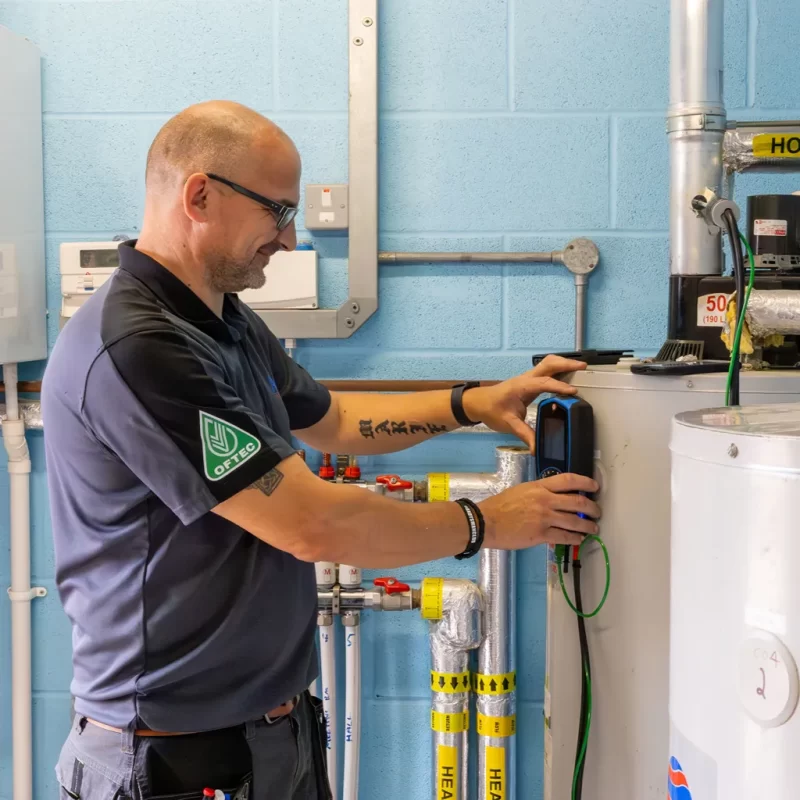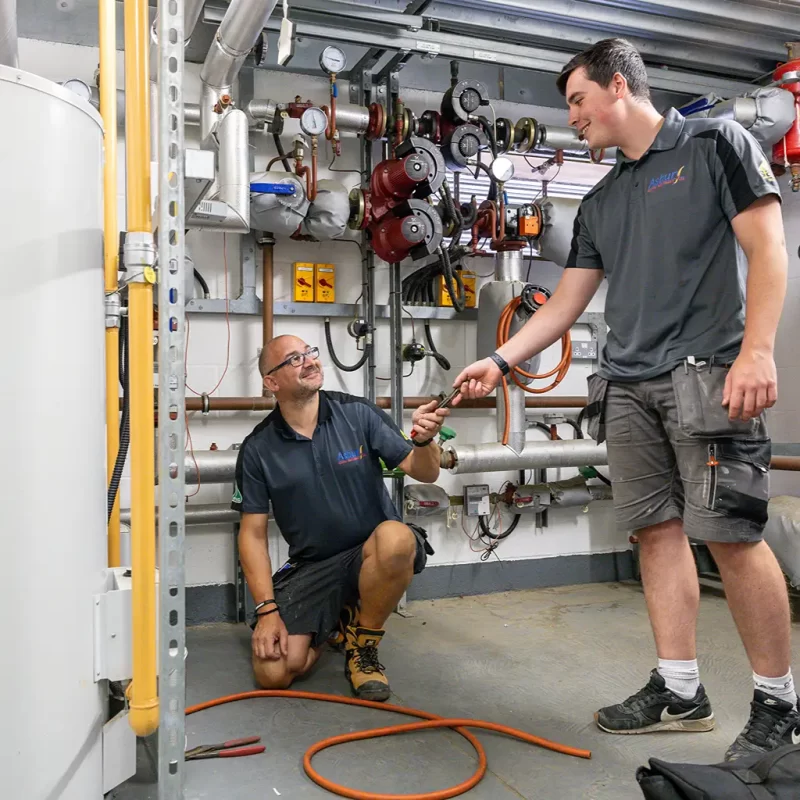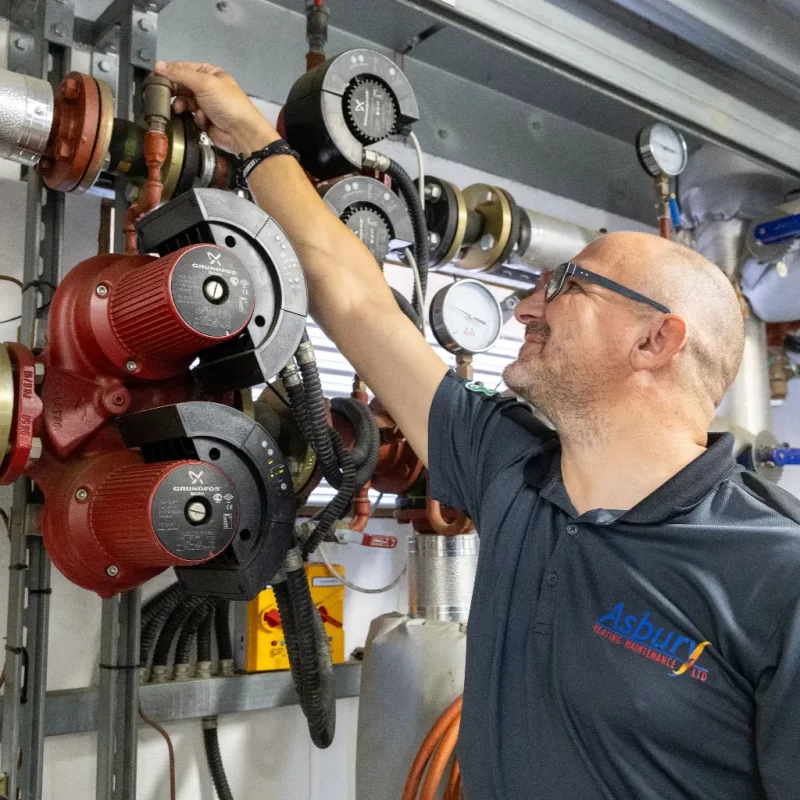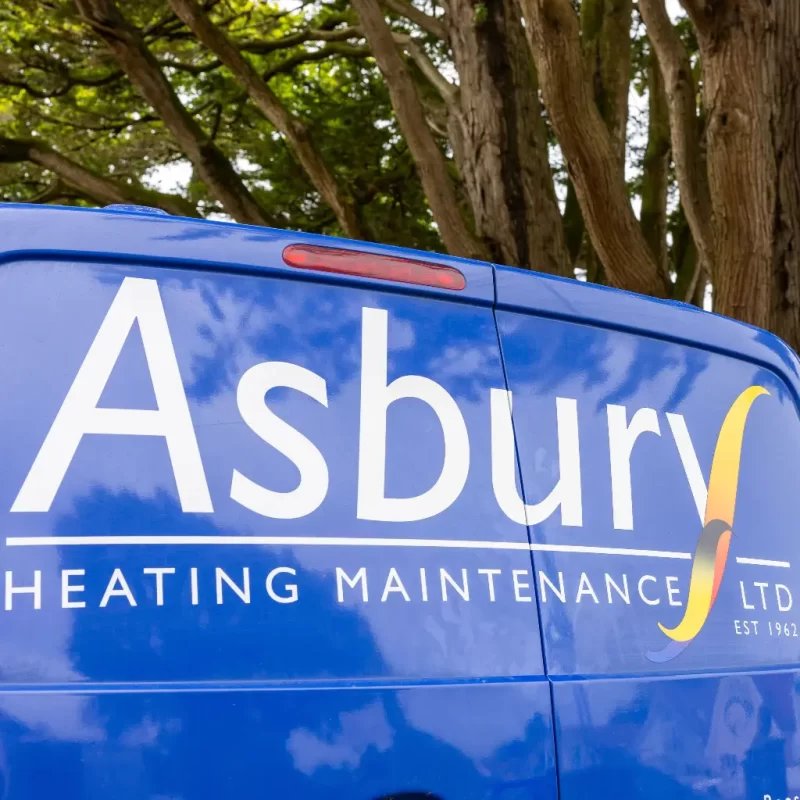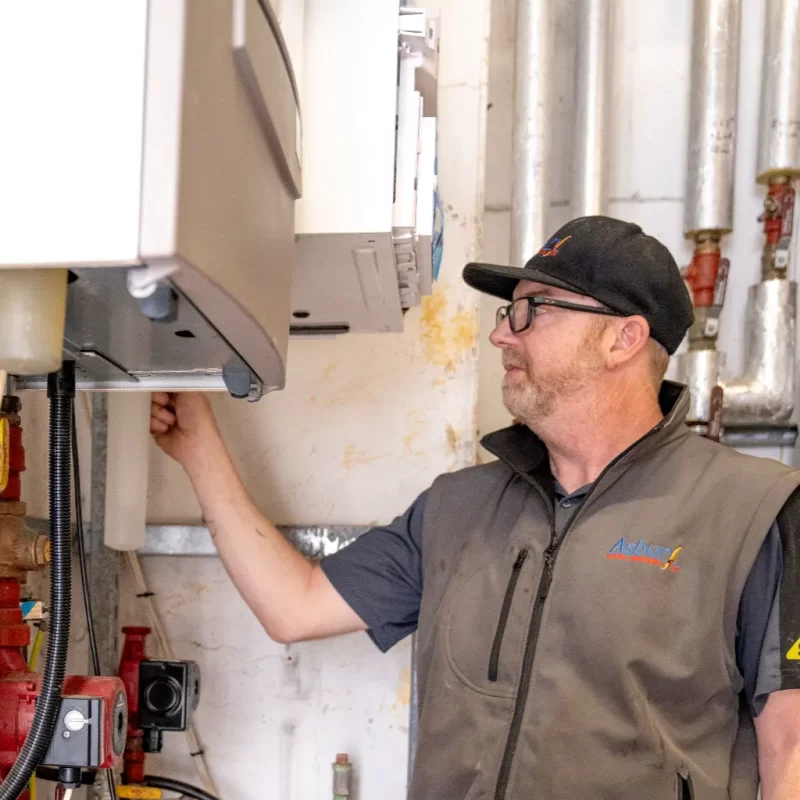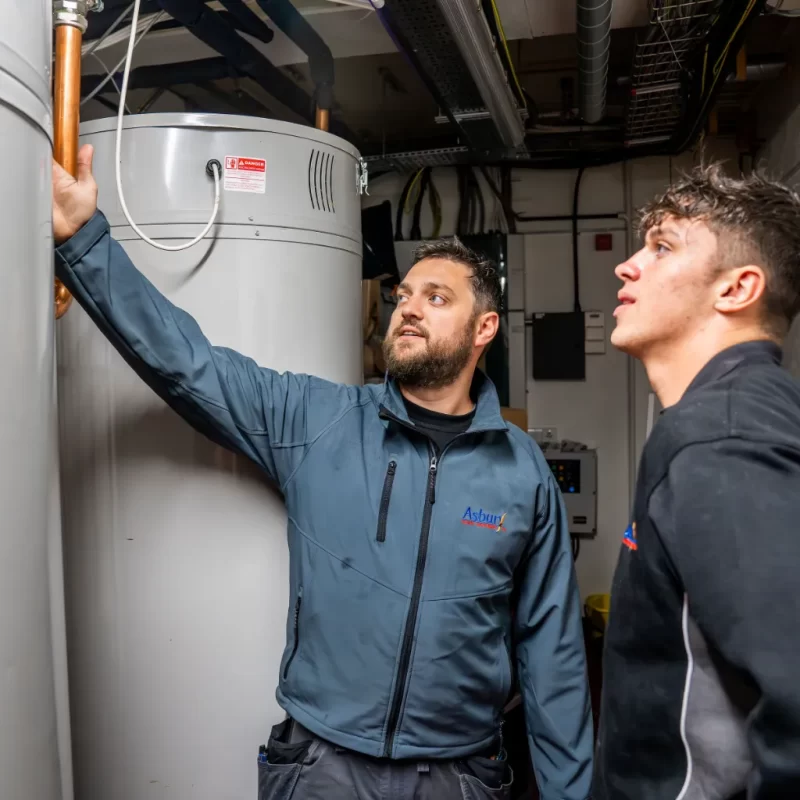
Commercial Boiler Installation Checklist for Site Managers
When managing a commercial facility, it’s vital to guarantee a safe and efficient boiler installation. This is essential for long-term performance, compliance, and minimising disruptions. Many site managers skip preparation steps. This leads to costly delays, safety issues, and budget overruns. With proper planning, however, these risks can be easily avoided. Use this commercial boiler installation checklist to guide you through the key steps. It will help you get your site ready for a smooth and efficient installation.
When installing a new boiler or upgrading an existing system, proper preparation is essential. It ensures safety standards are met, regulations are followed, and efficiency lasts over time. Follow this guide to ensure your installation runs without a hitch and stands the test of time.
Pre-Installation Checklist for Site Managers
Preparation is critical before installing a commercial boiler. Complete these steps to get your site ready and follow all necessary regulations. This will help make the installation process as smooth as possible.
1. Evaluate the Current System
Before beginning the installation of a new system, evaluate your existing boiler’s performance. Are there ongoing issues like uneven heating or rising energy costs? A thorough assessment helps you spot ongoing problems and choose the correct replacement boiler. This step also enables you to prepare for the eventual decommissioning of your existing system.
2. Conduct an Energy Needs Assessment
Calculate your building’s heating and hot water requirements. This assessment must consider peak demands along with the facility’s size. It should confirm that the selected system can handle those loads effectively. Working with a commercial heating engineer helps you choose the best energy-efficient boiler for your needs. It’s this choice that optimises cost and performance over time. Just take a look at this example from a care home in Romsey.
3. Ensure Regulatory Compliance
The new boiler must meet all local building codes, emissions standards, and safety regulations. This is a critical step in avoiding fines, delays, or operational disruptions. It’s essential to consult with specialists and check any specific industry guidelines. Following these rules also helps keep the boiler safe, protecting the facility and its workers. Learn more about our accreditations and commitment to industry standards.
4. Budget & Financing Options
Develop a comprehensive budget that covers installation, ongoing maintenance, and future upgrades. Research available financing options, including government incentives or grants for energy-efficient systems. Investing in an energy-efficient boiler can save you money in the long run. It cuts down on energy bills and boosts the sustainability of your facility.
5. Plan for Future-Proofing
Choosing a boiler that can scale with future growth is a wise decision. Modular systems are great for businesses expecting future heating needs. They also work well for those wanting to adapt to new technologies. This smart approach lets you upgrade the system as your needs change. This helps you avoid expensive replacements later on. Explore our commercial boiler servicing to ensure long-term performance for your property.

Preparing Your Facility for a Commercial Boiler Installation
Good preparation before installation reduces disruption. It also helps everything go smoothly and efficiently. By focusing on these key areas, you can ensure the installation goes smoothly and without surprises. So first, ensure your site is accessible for equipment delivery and installation. This involves keeping clear routes for large equipment. It also means checking that the installation area is free of any obstructions.
Furthermore, provide enough space for the boiler and its components. This will also allow for easy maintenance access. Proper clearance is also crucial to meet building and fire safety codes, ensuring long-term ease of access and operation.
Safety must always be a priority during installation. Ensure your facility meets ventilation and fire safety requirements. Ventilation is essential for safe combustion. Fire-resistant materials may also be needed close to the boiler. If you need to make structural adjustments, like reinforcing floors or walls for the new boiler, plan these changes ahead of time. Check out our case studies for examples of safe and compliant installations.
One thing to remember is to check if the new boiler works with your current Building Management System (BMS) so you can monitor and control it easily. Upgrading or configuring the BMS will improve energy use. It will also help manage the new system’s performance effectively. This integration makes your commercial heating system more efficient. It saves energy and lowers costs in the long run. You can learn more about our Commercial Heating Services here.
Post-Installation & Ensuring Long-Term Performance
After you install the boiler, regular maintenance and monitoring are essential for its long life and efficiency. Follow these best practices to keep your system running smoothly.
- Routine Maintenance: Book regular checks with a certified Gas Safe engineer to keep things running smoothly. This includes cleaning, leak checks, and control testing. Proactive commercial maintenance prevents costly repairs, reduces operational costs, and maximises system efficiency.
- Monitor Performance: Use monitoring tools to track your boiler’s energy use over time. Adjust settings during peak and off-peak periods to optimise efficiency. If performance drops, schedule an inspection immediately to avoid larger issues.
- Staff Training:Train your team to handle basic troubleshooting and system operation. Offering user manuals and a simple troubleshooting guide helps users fix minor problems fast. This cuts down pressure on your maintenance team.
- Decommissioning & Disposal: Safely dispose of your old boiler, complying with environmental regulations. Consider recycling or donating salvageable parts to reduce waste and ensure proper disposal.
- Risk Management & Insurance: Make sure your insurance policies are updated for the new installation. Conduct a pre-installation risk assessment to identify and address safety concerns. For more information on this, check out our Carbon Monoxide Poisoning Prevention service.

Prepare Your Site for Success with Expert Guidance
Proper preparation is vital for a smooth commercial boiler installation. Using this checklist helps site managers avoid costly delays, regulatory issues, and inefficiencies. Good planning before installation is key. On installation day, make sure to communicate clearly. Then, stay on top of maintenance after it’s installed. By tackling all key steps, you can ensure a smooth process that meets safety standards and operational needs.
With everything ready, you can go ahead with the boiler installation. Contact Asbury today to schedule a consultation with our experienced team. We’ll ensure your commercial boiler installation is done right, safely, and with as little disruption as possible.
Call 01202 745189 or get in touch to ensure your project stays on track.



